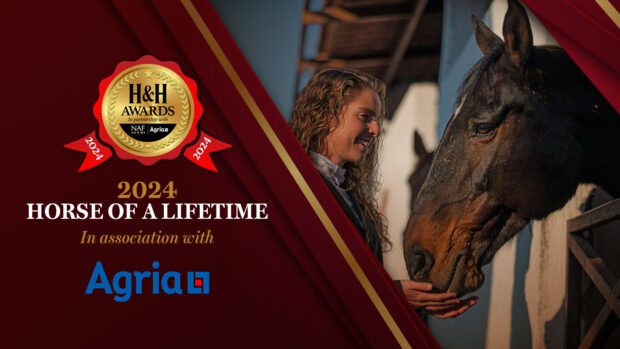Government plans to change the way pets are sold and cared for have been welcomed by the country’s leading charities
Pets are set to benefit from a radical shake up of the laws governing animal protection, which was outlined in Parliament this week.
Among the new proposals, children under 16 are to be banned from buying pets unless accompanied by an adult and animal sanctuaries and dog walkers will be licensed. 
DEFRA minister Elliot Morley announced the plans for the new Animal Welfare Bill in a House of Commons speech on Wednesday (16 October). He said the new system would adopt “a two-tier structure off offences”.
According to Mr Morley, “the first would maintain the present ban on cruelty but a statutory duty would be added to promote the welfare of all animals kept by humans.”
These radical plans to overhaul animal welfare law were welcomed by the RSPCA, who said: “This will do more to prevent cruelty than any other piece of legislation in history.”
The society played a full role in DEFRA’s consultation earlier this year and submitted a 114-page document outlining the charity’s vision of animal welfare legislation in the 21st century. The proposals centered on the principle of a positive duty of care, based on the existing Five Freedoms onwhich farm animal legislation is already based.
The Five Freedoms are:
- Freedom from hunger and thirst – by ready access to fresh water and a diet to maintain full health and vigour.
- Freedom from discomfort – by providing an appropriate environment including shelter and a comfortable resting area.
- Freedom from pain, injury and disease – by prevention or rapid diagnosis and treatment.
- Freedom to express normal behaviour – by providing sufficient space, proper facilities and company of the animal’s own kind.
- Freedom from fear and distress – by ensuring conditions and treatment which avoid mental suffering.
By adopting a “duty of care”, all animal owners will have a legal responsibility to ensure that animals have adequate food and water, appropriate shelter and access to proper veterinary treatment when needed.
Animal owners would also be required to provide opportunity for them to express normal behaviour and to avoid mental suffering and distress.
John Rolls, the RSPCA’s director of communication, said: “This initiative is a massive step forward for animal welfare. The 1911 Protection of Animals Act has served us well, but only covers physical suffering and gives no assistance in preventing cruelty.”
The RSPCA also welcomed proposals to a ban on tail docking of dogs for cosmetic purposes. The society will now play afull role in assisting DEFRA to draft the new animal welfare legislation.
Read more animal welfare stories:




